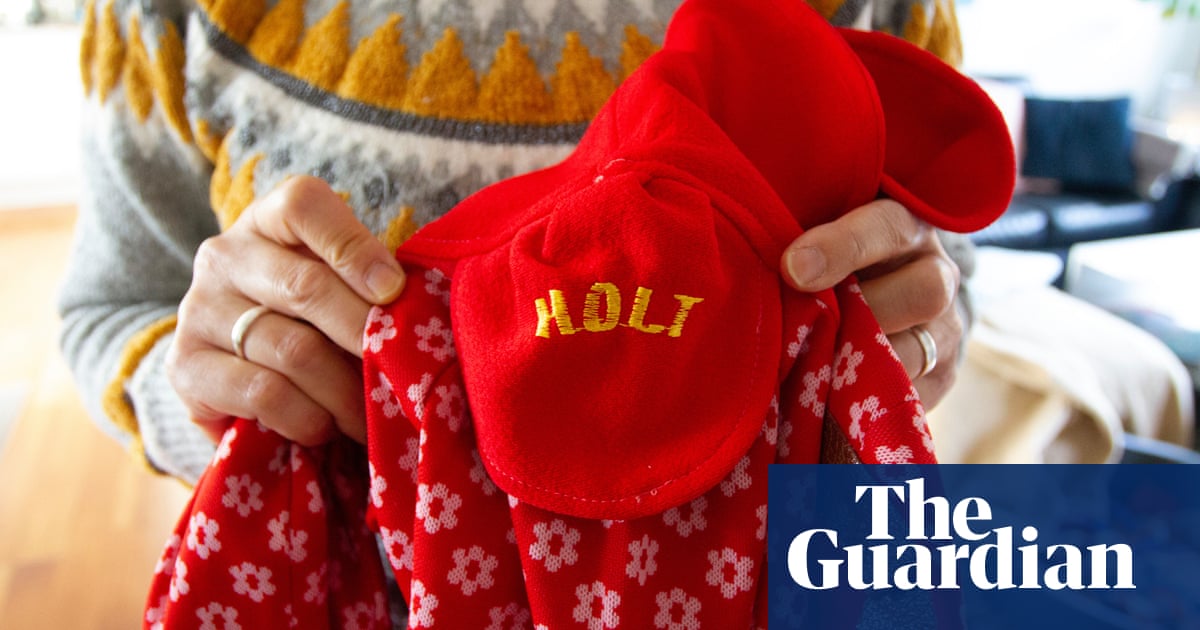
Many people do not always see eye to eye with Donald Trump on trade policy, and that is an understatement.The US president has made confrontation over trade his weapon of choice in international relations, and the list of countries that have felt the sharpness of his Twitter account is long — China, Canada, Mexico, Japan, South Korea and the EU. He has fallen out with virtually every member of the G20 over some aspect of trade.
The World Trade Organization (WTO), the body that has overseen global commerce for the past 24 years, has been on the receiving end of some of the most vitriolic White House tweets.
It is easy to see why he upsets so many. Trump’s first response in any situation where he feels commercially aggrieved, is to reach for the tariff shotgun and fire off a series of financial penalties at the alleged guilty party. He sees it as protecting the US’s position as a leading trading nation as part of the “America first” policy.
The critics — and they are numerous — point to the damage done to global trade, and in turn the global economy which has thrived for the past couple of decades on a freer international commercial system.
Domestic critics in the US — and again they are numerous — highlight the farcical situation whereby Trump is having to spend federal funds to compensate American producers — farmers in particular — for losses they have sustained as a result of his confrontational policies. China, it seems, can live quite happily without soybeans from Illinois, but farmers in the soybean state cannot live without the income China used
to provide them.
China is no longer a developing country, and it is time the rule book was rewritten to reflect that reality.
Frank Kane
There are many such absurdities in Trump’s approach, but there is one aspect of his policy that even his harshest critics must, reluctantly, find themselves agreeing with: The archaic system whereby the WTO accords some countries “developing” status, with various privileges and benefits attached.
The main developer advantage is the ability to protect indigenous industry by levying tariffs and quotas on imported goods, which the WTO and the developers themselves say is essential for them to build strong domestic economies in the face of more efficient global competition from advanced economies and their powerful exporters.
Such a system was arguably appropriate when the WTO set it up in 1995, but the
world now is a very different place. In particular, the rise of China has changed
the dynamics entirely.
Last week the White House set out its case against the inclusion of China as a developer, and implicitly against the whole WTO structure. “Nearly two-thirds of WTO members have been able to avail themselves of special treatment and to take on weaker commitments under the WTO framework by designating themselves as developing countries,” the president said.
His real target, of course, is China, with which he is locked in an apparent life-and-death struggle over trade. China is a huge trading power, ranked second only to the US in terms of economic power and number one in the world by exports and foreign investment. Trump is right when he says it is crazy to call China a “developing power.”
The main reason why China justifies its developing status is because of its comparatively low level of GDP per capita. While it is number two to the US in aggregate economic power as measured by GDP, that has to spread an awfully long way in a population of 1.4 billion. Annual income per head of population, measured by the International Monetary Fund (IMF), amounts to only $18,000, putting China between the Dominican Republic and Azerbaijan. For comparison, the average American earns $62,000 a year, with the average Saudi on around $55,000, says the IMF.
There has to be some way of ironing out what the White House calls “this outdated dichotomy,” but it is difficult to see how it can be done within the existing WTO framework. The organization is facing calls for reform, not just from Trump, but from many of the most powerful voices in the international community. The G20 in Osaka backed a joint resolution for WTO reform “with a sense of urgency.”
So, while Trump’s abrasive style often merely rubs people up the wrong way, for once he has hit on an important truth: China is no longer a developing country, and it is time the rule book was rewritten to reflect that reality












